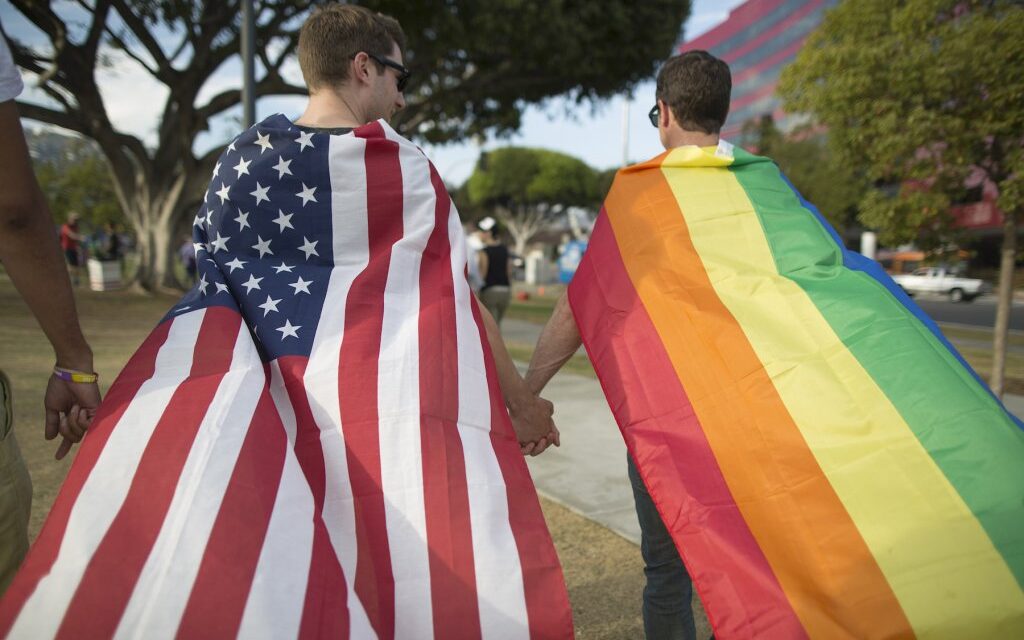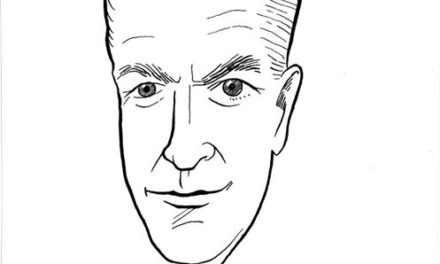Now that Justice Kennedy has, in the face of 200 years of legal precedence, set the record straight on what the Constitution says about marriage (Obergefell v. Hodges), Christians will certainly be wondering what the effects will be on society, other than the visible, highly conspicuous presence of same-sex couples.
There are a few things that will change everywhere, as a matter of course, that have already been occurring in states such as New York and Massachusetts. But it’s the shock of the news that concerns us here. Let’s look into our crystal ball to see what it will reveal about the brave new world of . . . perhaps next week.
Many of us know of the dissolution of marriages where one marital partner “discovers” his or her homosexual orientation and sues for divorce in order to cohabit with or now “marry” someone of the same sex.
With homosexual marriage, given Justice Kennedy’s benediction as an inherent right, is it too farfetched to envision courts granting homosexual litigants custody of children from the heterosexual marriages being dissolved? Such petitions must be occurring even now, but will they not become more frequent and notorious in light of Obergefell? The crystal ball reveals a gloomy likelihood.
A different problem emerges with same-sex “marriages” that, unlike the situation described above, are first “marriages,” which for simple biological reasons cannot hope for the natural production of children.
Let’s be the first to admit we hadn’t thought much about it, but Jennifer Roback Morse in NRO has. So what does the crystal ball tell us of Obergefell’s effect on adoption? Will any adoption agency, at the risk of being insufficiently inclusive, have sufficient grounds for denying the adoption of a child by a homosexual couple? Alas, our crystal ball is crystal clear on that question.
And that isn’t all, as Jennifer Roback Morse argues:
“Third-party reproduction will continue unregulated and unabated. By the time people figure out that this is a human rights abuse, it will be so widespread and entrenched that it will be extremely difficult to root out.”
The prospect of “baby mills,” not unlike the “puppy mills” pet stores employ, is not very hard to imagine, not to forget the abuses that accompany the practice.
But with the powerful LGBT lobby campaigning for their fair share in the parental stakes, combined with Justice Kennedy’s principle of happiness as the chief constitutional justification for his majority opinion, the crystal ball shows years of litigation before controls on such an industry are put into effect.
Next, the prospect that must worry Christians the most is legal action against churches that oppose marrying homosexuals. No crystal ball necessary here. The news is full of stories in which states, most notably Oregon, have not only turned a blind eye to discrimination against businesses that cite faith as grounds for their refusal to cater same-sex weddings, but have actively prosecuted these businesses.
Perhaps Justice Kennedy tried to protect the rights of Christians when he stressed the rights of religions to teach their precepts.
However, Justice Roberts, in his dissent, pointed out an unfortunate omission in Kennedy’s opinion; namely, that the first amendment protects “free exercise” of religion, clearly meaning the guarantee of the right to act as an extension of dogma.
But the crystal ball says don’t expect the latest triumph of the majority on the court and the mighty forces behind the progressive agenda to be impeded by a mere dissent.
Besides, however much we may applaud Justice Roberts’ view in Obergefell, the principle he used to justify his majority opinion on Obamacare might well be pressed into service to buttress the ruling he opposed just 24 hours later. In that decision he argued that since the intent of the Affordable Care Act was to improve healthcare, the language of the law that limited exchanges to “states” must be construed as opposite to its plain meaning.
Regarding its relevance to Obergefell: Consider the possibility of a lawyer whose homosexual clients formerly have been denied the blessing of Christian marriage. He may resort to any number of arguments, but if he is astute he can arrive a happy combination of Justice Roberts’ “intent” principle and Justice Kennedy’s “happiness” principle to nullify the rights of any Christian body to actively prevent same-sex marriage.
Why? Since it is clearly the intent of the Constitution not to withhold the right to the happiness of marriage guaranteed a homosexual couple, surely the first amendment cannot have meant that “religions” might so withhold such a fundamental right as well.
And should such a case go as far as our Supreme Court, how on earth can Kennedy and Roberts wriggle through the hoops necessary to guarantee what they have previously denied?
Well, let’s admit the crystal ball is a little hazy on that one, but not as much as you might think. Yet, it’s very clear about one last thing: hard times are ahead.














